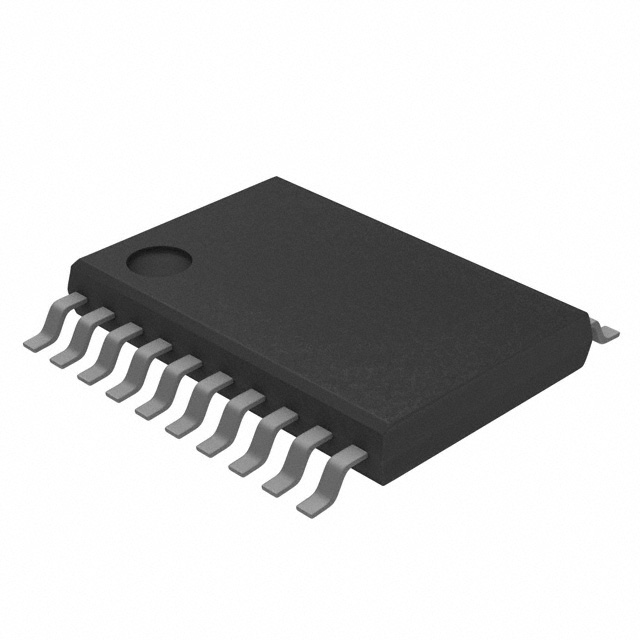

Texas Instruments
MSP430G2353IPW20R
Microcontrollers




.png?x-oss-process=image/format,webp/resize,p_30)


MSP430G2353IPW20R Description
The Texas Instruments MSP430G2353IPW20R is a low-power, 16-bit microcontroller (MCU) based on the MSP430 architecture. It is designed for a wide range of applications, including portable devices, energy meters, and industrial control systems. Here's a brief description, features, and applications of the MSP430G2353IPW20R:
Description:
The MSP430G2353IPW20R is a member of the MSP430 value line of ultra-low-power MCUs. It features a 16-bit RISC CPU with a high code-density mode, allowing for efficient execution of complex instructions. The device is housed in a 20-pin, 4mm x 4mm QFN package.
Features:
- CPU: 16-bit RISC CPU with high code-density mode.
- Clock Speed: Up to 8 MHz.
- Memory: 8 KB of Flash memory, 256 bytes of RAM, and 512 bytes of information memory.
- Power Management: Ultra-low-power operation with multiple low-power modes.
- I/O: 12 digital I/O lines with configurable drive strength.
- Timers: 2 configurable timer modules with multiple functional options.
- Communication Interfaces: 1 UART, 1 I2C, and 1 SPI for communication with external devices.
- ADC: 8-channel, 8-bit ADC with sample-and-hold circuitry.
- Security: On-chip oscillator failure detection and a watchdog timer.
- Package: 20-pin, 4mm x 4mm QFN package.
Applications:
- Portable Devices: Battery-powered devices, such as fitness trackers, smart watches, and portable medical devices.
- Energy Meters: Smart energy meters and power monitoring systems.
- Industrial Control Systems: Motor control, sensor interfacing, and data acquisition in industrial applications.
- Home Automation: Smart home devices, such as thermostats, lighting control, and security systems.
- Automotive: In-vehicle infotainment systems, power management, and body control modules.
- Medical Devices: Glucose meters, blood pressure monitors, and other portable medical equipment.
- Wireless Applications: Low-power wireless communication devices, such as Zigbee, BLE, and RF mesh networks.
The MSP430G2353IPW20R's low-power capabilities, flexible communication interfaces, and small form factor make it suitable for a wide range of applications where energy efficiency and compact design are crucial.
Tech Specifications
MSP430G2353IPW20R Documents
Download datasheets and manufacturer documentation for MSP430G2353IPW20R
 MSP430G2x53,x13 Datasheet
MSP430G2x53,x13 Datasheet  MSP430G2x53,x13 Datasheet
MSP430G2x53,x13 Datasheet Relevant Search
Shopping Guide


















.png?x-oss-process=image/format,webp/resize,h_32)










